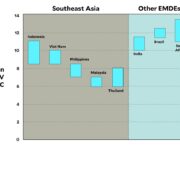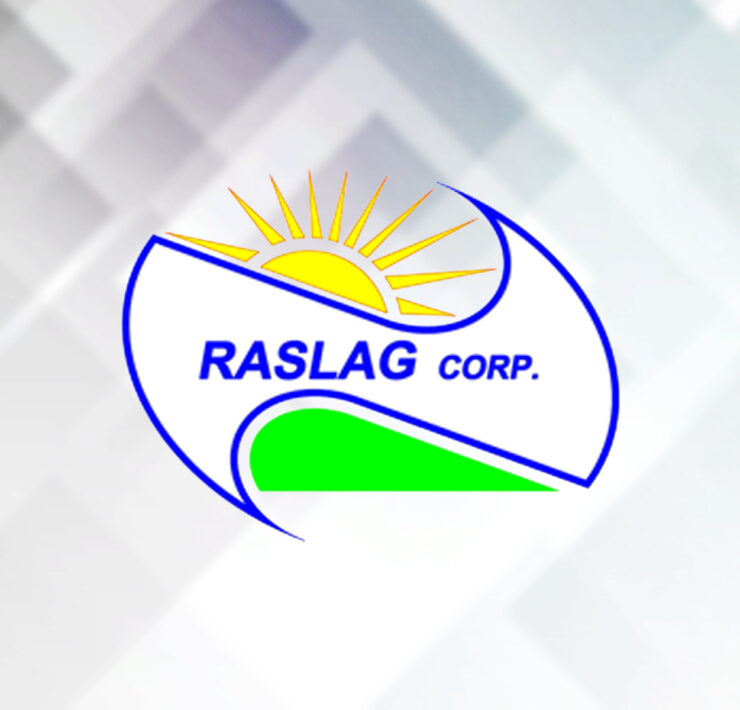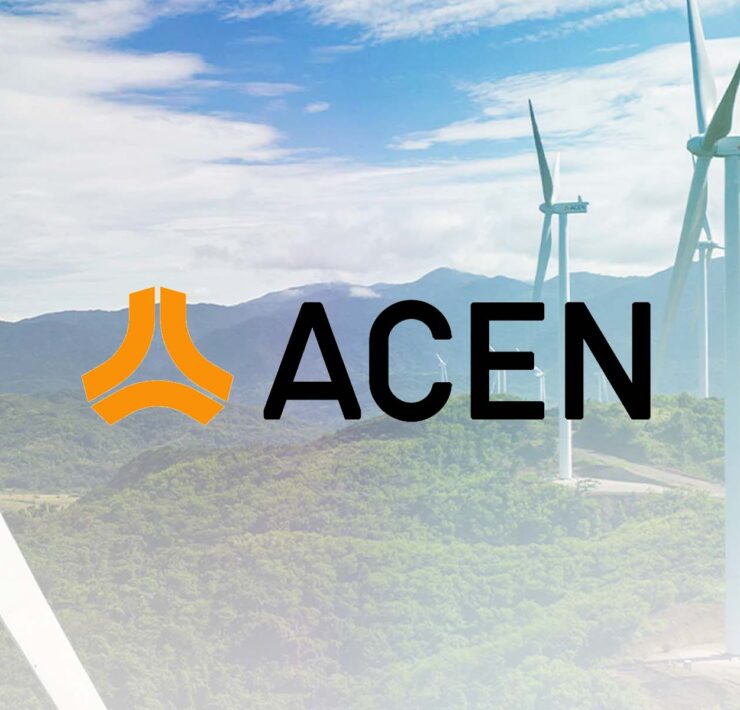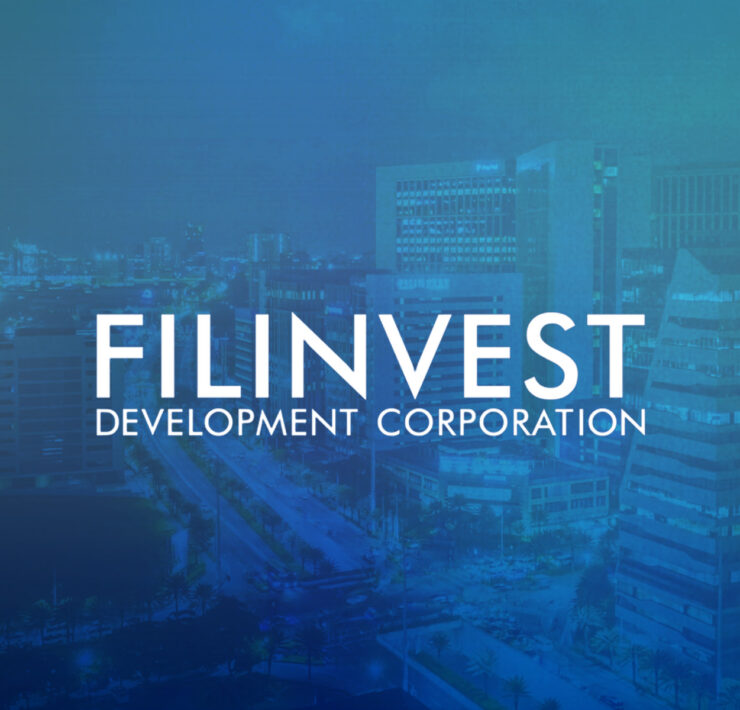ACEN earmarks $18M for Bangladesh project
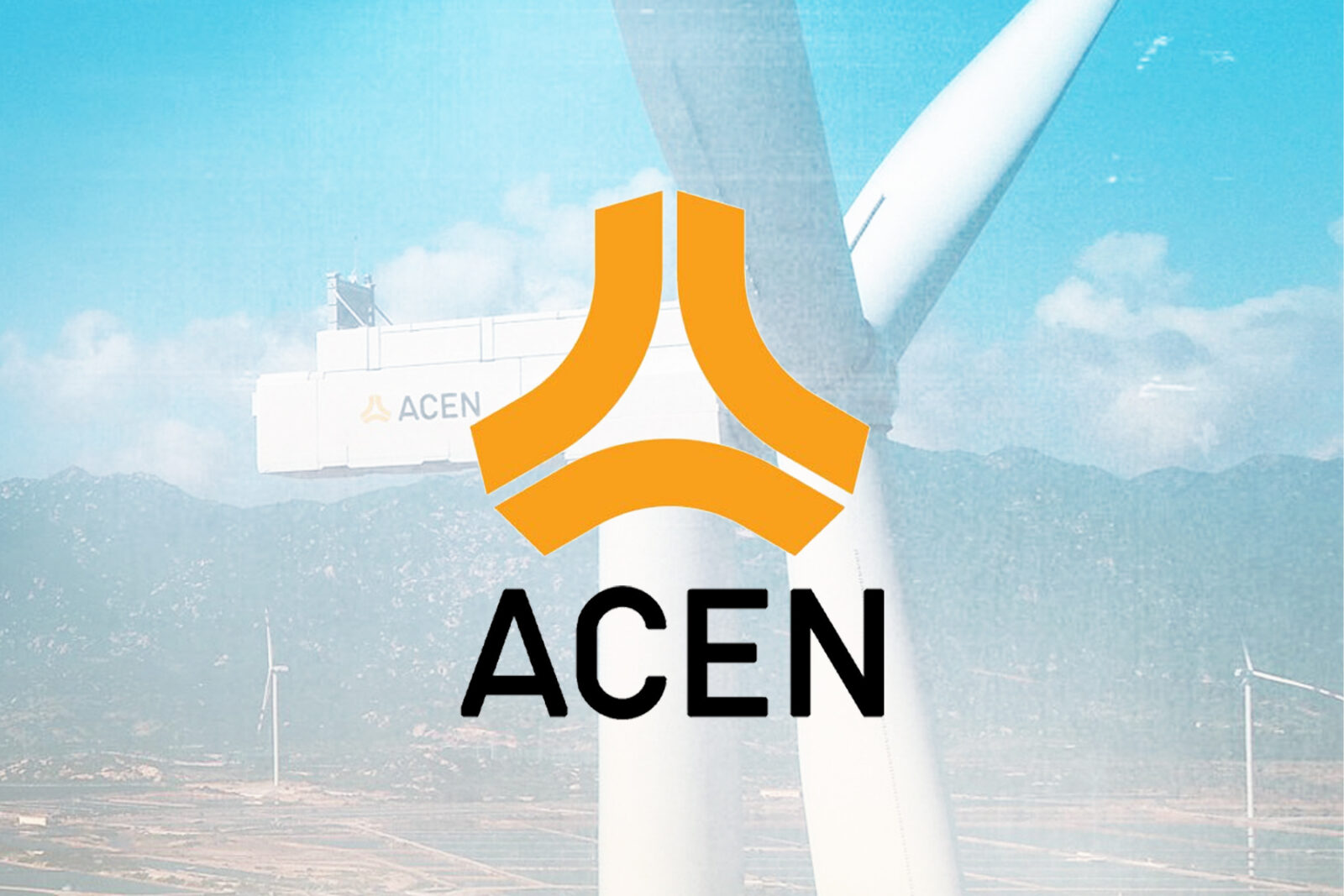
ACEN Corp., the Ayala Group’s energy platform, will lay out up to $18 million into its joint venture with a Singaporean firm to kick off the development of a 70-megawatt (MW) solar park in Bangladesh.
In a disclosure to the local bourse Thursday, the company said the investment would advance IBV ACEN Renewables Asia’s construction and execution of the project.
“The infusion/investment will be used to acquire the relevant project holding company and funding for necessary capital expenditure,” ACEN added.
IBV ACEN Renewables Asia is the Filipino firm’s parnership with Singapore’s Ib vogt, a platform engaged in “shovel-ready projects” in Bangladesh, Laos, Cambodia, Vietnam, Indonesia, Malaysia, and other countries in the Asia-Pacific region.
ACEN reiterated its plan to invest up to $200 million in the joint venture, as they aim to reach at least 1,000 MW of operational capacity across the region.
It was in August last year when ACEN and Ib vogt secured the necessary regulatory approvals to establish the platform.
ACEN earlier said the joint venture could help “accelerate the deployment of renewable energy in Asia.”
A year later, ACEN also teamed up with Indonesia’s Barito Renewables for wind energy projects. Before that, the Ayala firm acquired three wind assets in South Sulawesi, Sukabumi, and Lombok with an aggregate potential power generating capacity of 320 MW.
Aside from Indonesia and the Philippines, ACEN is also present in Australia, Vietnam, India, Laos, and the United States.
The company ended the first six months of 2024 with 4,800 MW of renewables capacity, rising from last year’s 4,300 MW.
ACEN president and chief executive officer Eric Francia earlier expressed optimism that the company could hit its target of 20,000 MW of renewables capacity by 2030 as it prepares to launch more projects.
Based on documents filed at the Department of Environment and Natural Resources’s Environmental Management Bureau this year, ACEN also has five floating solar projects on the Laguna de Bay, which are expected to be energized by 2027.













